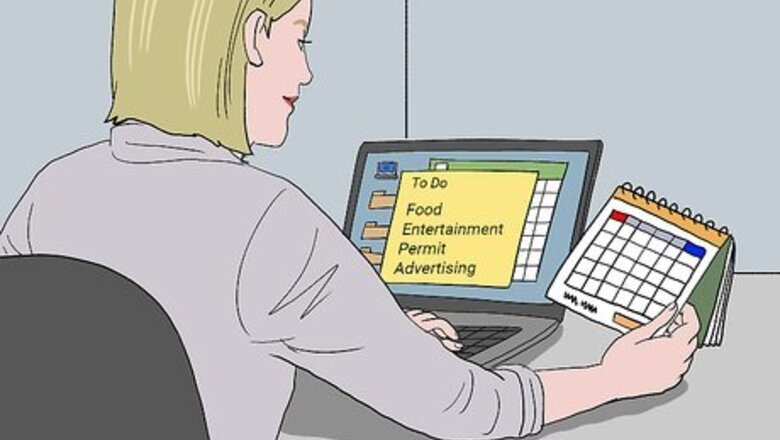
views
Start planning a few months in advance.
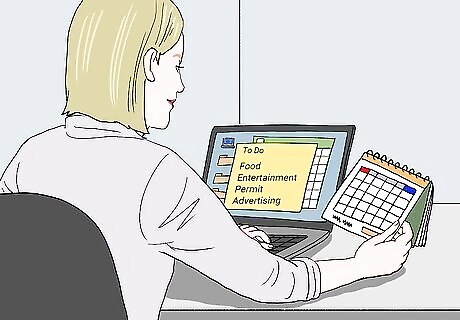
Give yourself plenty of time to work out all the details. Between finding space, bringing in food and entertainment, getting permits, and advertising, you’re looking at a few months of work at least. Start early to cover all your bases and make sure you pull off a successful festival. The time you’ll need depends on how big the festival is, but in general, starting the planning about 6 months in advance is a good idea.
Set the budget for your festival.
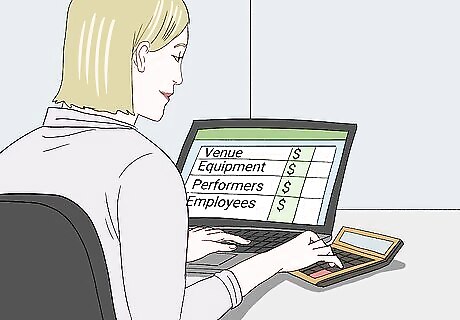
Calculate all the costs for the venue, equipment, performers, and employees. This should give you a realistic budget. Then be sure all your purchases stick within that budget so your costs don’t get out of control. You can keep costs under control by asking for volunteers to help or seeing if local businesses are willing to donate food or equipment in exchange for advertising. If you need more funding, you could ask local businesses or the government for sponsorships to help cover the costs. Festival costs have a huge range, depending on the size of the event. Large music festivals cost millions of dollars, while smaller local festivals might only cost $100,000.
Pick a festival date that doesn't conflict with other major events.

Make sure there are no major events, like sports games or concerts, on the same day. To ensure you get as many guests as possible, pick a date that doesn't conflict with holidays, either. You wouldn't want to plan a festival around Thanksgiving, for example. Most people will be traveling and probably won't make time to go to a festival. Local areas might have their own events that are technically not major holidays. Be sure to check your local calendar too.
Find a space with enough room for your festival.

Look for local event spaces that you can secure for a manageable price. You’ll have to fit all the people and equipment in the same space, and make sure there is enough room for everyone to move around safely. Hotels, parks, or convention centers are common places for large festivals. If you have a large property and are throwing a smaller festival, then you could even throw the festival at your own home. Take your budget into account when booking a space. Some of these can be very expensive.
Secure any permits you’ll need to host the festival.
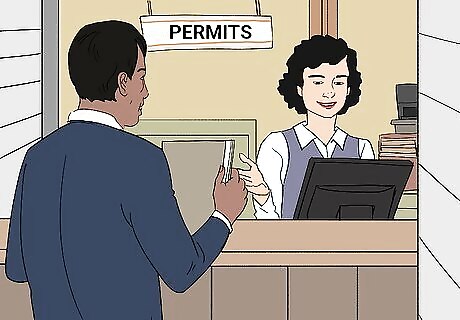
Find out which permits are required by the local government. These could include permits for noise, blocking traffic, large gatherings, construction, selling food, and insurance. The permits depend on the size and type of your festival, so check with your local government to see what you’ll need. If you’ll be serving alcohol, you’ll probably need permits for this too. Remember that there is usually a fee for permits, so build that into your budget. There may also be a waiting period, which is another reason that planning early is important. Putting on a festival without the proper permits could result in a hefty fine, so don’t forget about this step.
Book any entertainment ahead of time.

Choose your performers and sign contracts with them. Bands, DJs, and performers will make sure your guests have a great time. Just be sure to select and book your entertainment early so you know they’re available. Remember that the entertainment will cost money too, so be prepared to pay them. You could also save costs on entertainment by putting together your own playlist and playing it through the sound system.
Rent any equipment you’ll need for the festival.
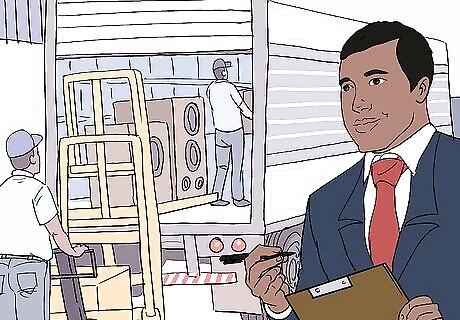
Find rental companies that will loan out whatever you don't have on hand. Draw up a list of everything you’ll need and track down vendors who you can rent from. Some common equipment you might need includes speakers and other sound gear, ovens, a stage, decorations, and furniture. You might also need to rent tables, tents, chairs, plates or silverware, and other basic things to make people comfortable.
Hire security for large events.
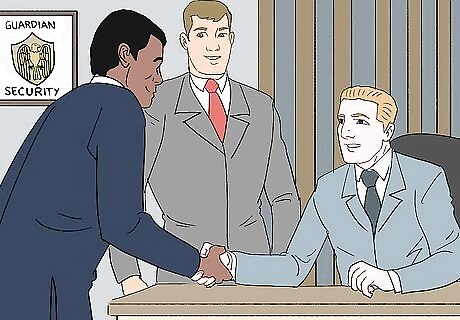
It's very important to make sure everyone at the event stays safe. Hire a company to provide security for your event. They can handle any trouble so the rest of your guests have a good time. For very large events, your local government may provide some law enforcement to help manage security.
Bring in vendors to prepare food and drinks.
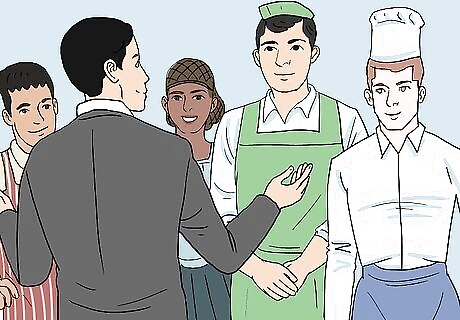
Make sure there are plenty of options and enough food and drinks for all of your guests. Some classic festival foods include pizza, hot dogs, tacos, french fries, funnel cakes, and ice cream. You can also feel free to mix it up and include some other items that aren’t often at festivals. Just make sure there is plenty of food ready for your guests. For large festivals, you’ll probably need to rent cooking equipment and staff to prepare the food. You could also bring in outside vendors like restaurant tents or food trucks to serve your guests.
Decorate the area to match the festival theme.

A festive atmosphere puts all your guests in a great mood. Don’t hold back on the decorating. Hang lights, banners, flags, posters, and colorful sheets to set the party atmosphere. Handing out favors like glow sticks also sets a great mood for the festival. Try to match the decorations to the theme. If you’re having a beer festival, decorating the space to look like a German beer hall will set a perfect tone. Bringing in some local craft makers can really give your festival a unique atmosphere.
Plan the facility accommodations for all your guests.
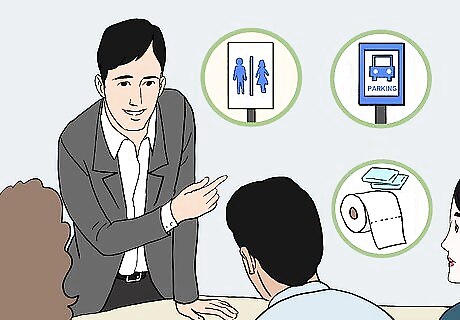
You'll need bathrooms, parking space, and other basic amenities. Be sure you get a space with plenty of bathrooms or rent enough portable facilities. Stock the area with soap, toilet paper, towels, napkins, and anything else your guests might need. Be sure that the space has enough parking for your guests available. Remember to plan wheelchair access for public events. In some places, this is required by law. For large festivals, you should also hire staff to keep the bathrooms clean. Plan out the trash removal as well.
Sell tickets to your festival.

Once you've got everything else arranged, start selling tickets! You'll likely be opening the festival to the public, but if not, create a guest list for who you want to invite. Send out invites or advertise the festival so everyone knows when and where to arrive. If this is a large festival open to the public, then be sure to advertise it and set up a system to sell tickets or passes. You'll need a ticket booth and cashiers if you plan on selling tickets at the event. Doing some social media marketing can attract a lot of attention. For local festivals, taking out ads in the local paper can also attract guests.
















Comments
0 comment